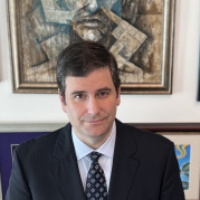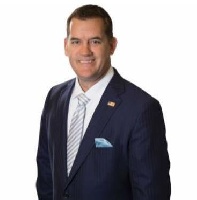Florida White Collar Crime Lawyer List
Sponsored Law Firm
-
 x
x

Click For More Info:
-
Law Office of Mark S. Guralnick
55 Madison Avenue 4th Floor Morristown, NJ 07960» view mapCriminal Defense Law Dedicated. Fearless. Successful.
Mark S. Guralnick and his legal team have helped clients throughout the USA and across the world by applying unparalleled dedication and hard work to each case.
800-399-8371
Gabrielle Lucie Antonia Radcliffe
✓ VERIFIEDIf you’re looking for criminal defense, you want an attorney you can trust and feel comfortable with. Attorney Gabrielle Radcliffe is an attorney y... (more)
Ayuban Antonio Tomas
✓ VERIFIEDA. Antonio Tomas is a Board Certified Tax Lawyer, Board Certified Criminal Trial Lawyer and a Certified Public Accountant. Mr. Tomas's practice foc... (more)
Todd Marks
✓ VERIFIEDPrior to forming the law office of Westchase Law, P.A. and Westchase Title, LLC in Tampa, Florida, C. Todd Marks attended the George Mason School of L... (more)
Kendra L. Bunn
✓ VERIFIEDSince 1999, Ms. Bunn has dedicated her entire career to the practice of immigration law. She was one of the first female attorneys to practice immigra... (more)
Landon Miller
✓ VERIFIEDLandon Miller has been practicing as a criminal defense attorney in Naples and Ft Myers for 18 years. His previous cases include but not limited to mu... (more)
Jeffrey S. Weiner
FREE CONSULTATION
CONTACTFREE CONSULTATION
CONTACT Mark Guralnick Morristown, NJ
Mark Guralnick Morristown, NJ AboutLaw Office of Mark S. Guralnick
AboutLaw Office of Mark S. Guralnick Practice AreasExpertise
Practice AreasExpertise






